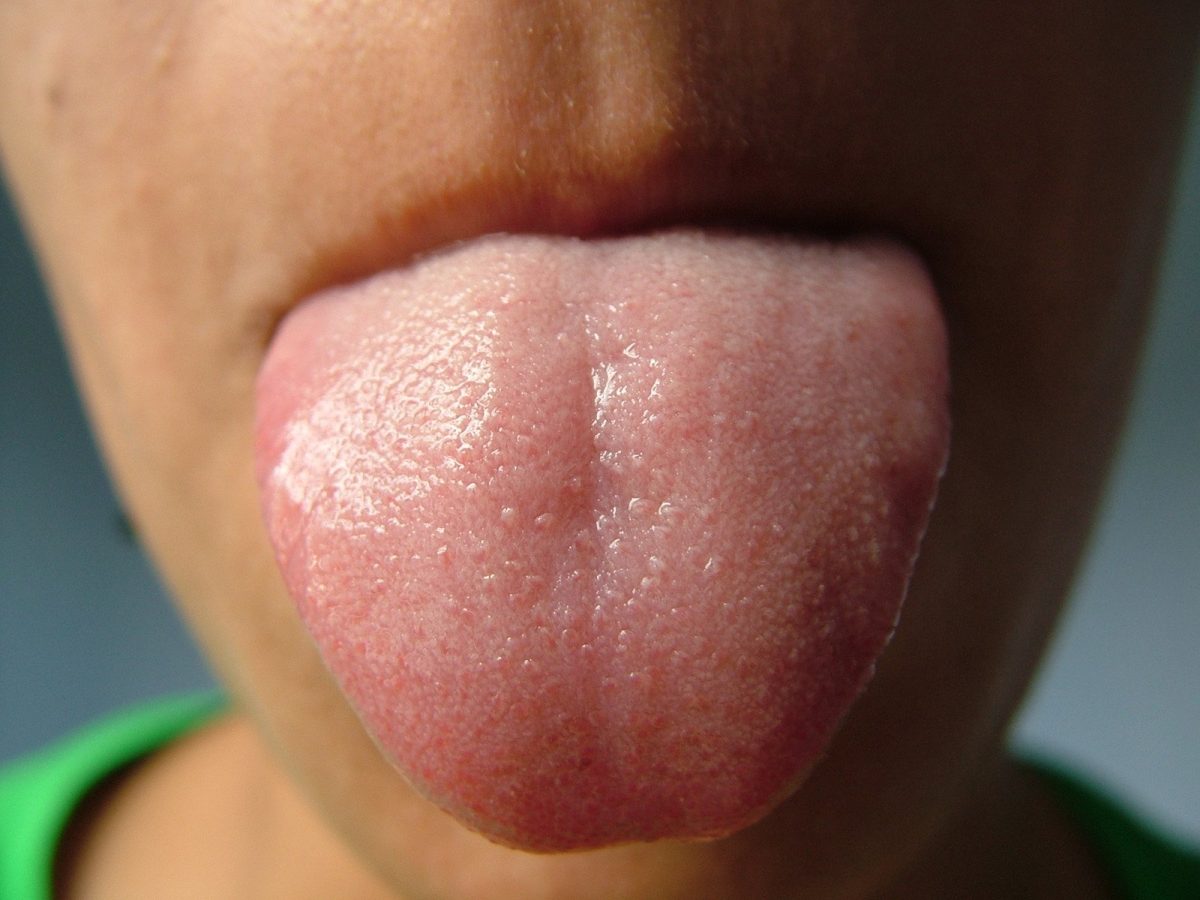Saliva is often considered one of the most overlooked components of our overall health, and yet we produce nearly 60 ounces of spit every day.
This natural mouth disinfectant works to keep gums healthy and helps break down food for digestion, but also floating in there could be indicators of more serious medical issues, according to Dr. Christopher Cutler, chair of the Department of Periodontics at the Dental College of Georgia at Augusta University.
“Saliva is an important player in oral health, and the risk of infections in the mouth increases when the flow of saliva is somehow impacted,” said Cutler. “Saliva also contains properties that give clues to other things happening in the body, and these signs should never be ignored.”
Cutler answers questions about what your saliva could be spitting out about your health:
- What if I have too little saliva? When your mouth is running low on saliva, it can be a sign of xerostomia or dry mouth, which is a precursor to tooth decay and cavities. This condition usually occurs as a result of medications and diseases, such as anemia and hypertension. There are over-the-counter treatments that can help, so check with your dentist or primary care physician for recommendations.
- What if I have too much saliva? Excessive saliva, or hypersalivation, is often a side effect of other issues such as teething in babies, pregnancy, oral infections, acid reflux, and neuromuscular diseases including Parkinson’s or stroke. If you feel like you are overproducing spit, be sure to tell your doctor.
- Does spit color matter? If your saliva appears white and thick, the culprit could be oral candidiasis, also known as thrush. This yeast infection appears as white patches on the tongue and mouth, and is most commonly seen in adults who have diabetes since the sugars in the saliva may lead to yeast growth. If your spit is red after brushing, this could be a sign of bleeding gums or gingivitis, possibly even periodontitis that needs to be treated by a professional.
- What should saliva taste like? A sour taste in your mouth could be linked to reflux, in which the stomach acid bubbles up the throat leaving a bitter residue on the tongue. If your spit feels tacky, that could be a result of mouth breathing which can point to issues like sleep apnea. Of course, regular oral hygiene and mouthwash can improve taste and help kill other germs in the mouth.
If you really want to know what your spit is saying, the Dental College of Georgia – the state’s only dental college — offers a Salivary Flow Test to measure the flow rate of saliva. Additionally, the Dental College is the only facility in the Augusta area conducting oral pathology.
 Augusta University
Augusta University




